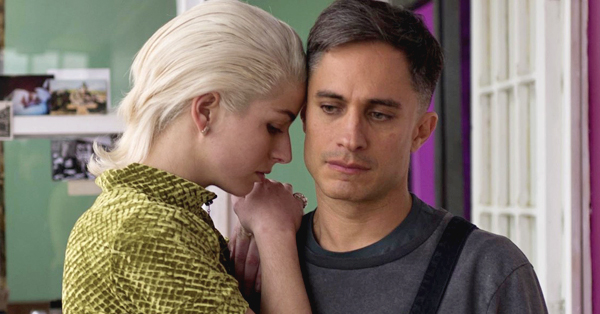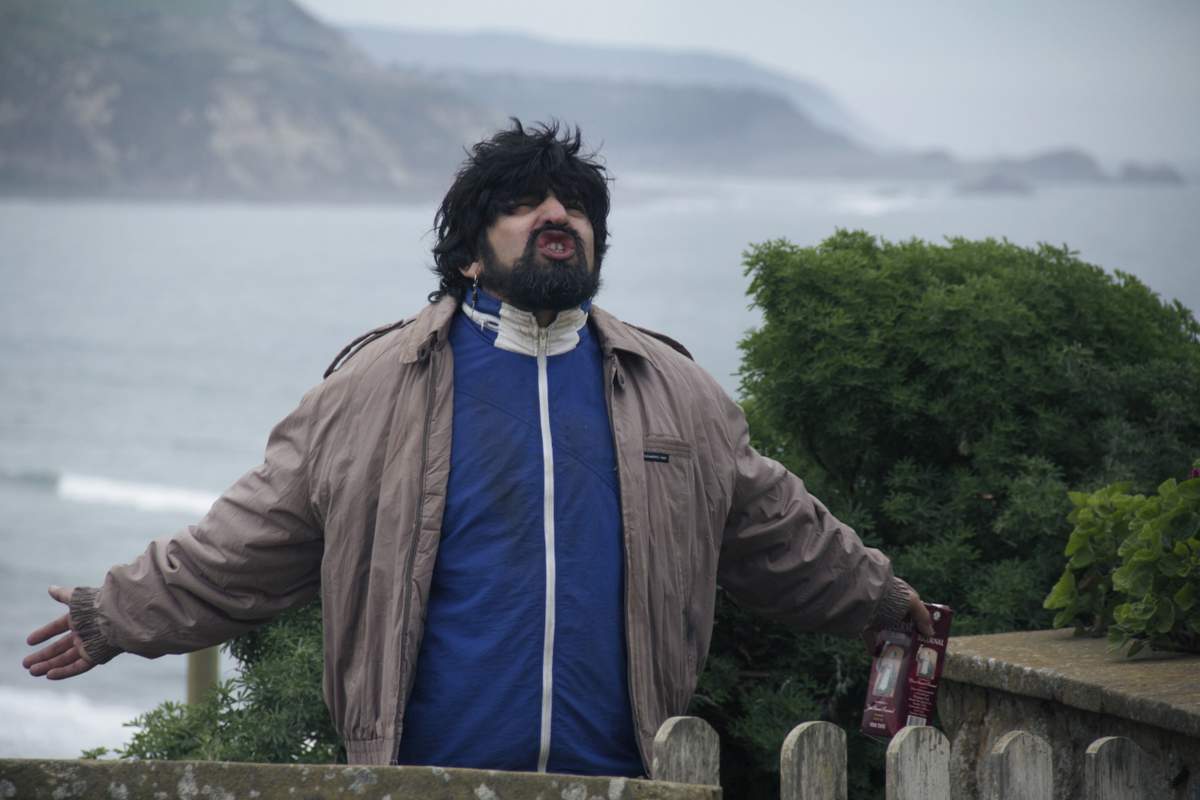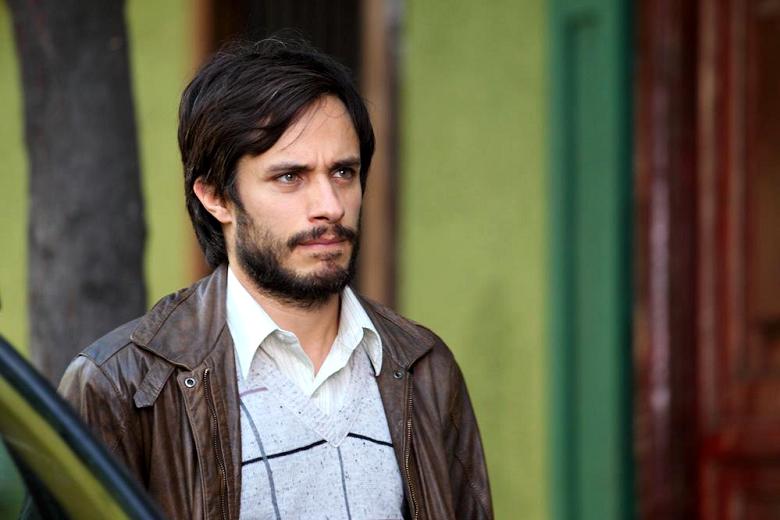5. Ema (2019)

It’s hard to pinpoint the most unrestrained Larraín film. After all, the love-him-or-hate-him filmmaker tends to just do whatever he wants. Tony Manero’s baffling premise certainly comes off as unrestrained, but Ema ultimately earns the gold medal. The erotic psychological drama appears to be another run-of-the-mill film about a broken marriage, but behind the ordinary premise is a wild ride that constantly strives to surprise viewers.
Since the film aims to catch viewers off-guard, it’s best to be as vague as possible when describing it. At its most basic, Ema focuses on the titular protagonist’s guilt following an adoption gone wrong. When Ema is forced to return her adopted child to the orphanage, her marriage crumbles and her reputation is permanently shattered. From there, we follow Ema as she makes drastic, life-altering choices.
Life-altering is the key word here. It’s not like she’s taking an ill-advised vacation. No, Ema completely shifts her day-to-day schedule in an effort to escape, or perhaps reverse, her past. These daring plot twists should keep cynical viewers engaged, but if that’s enough, Mariana di Girolamo’s performance should seal the deal.
Girolamo gives one of the best performances of the year, period. You can see so much pain in the most subtle of facial expressions. The young actress makes you feel for the protagonist even when the protagonist is making alarming decisions left and right. This, along with so many other aspects, makes Ema a worthwhile watch.
4. The Club (2015)

Pablo Larraín isn’t exactly known for making cheerful movies, but even next to something like Spencer, The Club is pretty melancholic. Thankfully, the well-regarded director doesn’t necessarily aim to make you miserable. Rather, he seeks to enlighten his viewers, and if a little misery comes as a byproduct so be it.
Larraín’s 2015 melodrama revolves around a group of disgraced priests who live in exile as a result of past sins. On top of the unique living situation, the members of the household face backlash from the people they have wronged throughout their lives. This backlash eventually becomes too much to bear, resulting in a tragedy that shakes the controversial community.
Subtlety isn’t exactly at the top of the director’s to-do list this time around, and although this particular creative decision clashes with some of his previous works, this is by no means a black sheep in his filmography. Stylistically, this is very much the work of Pablo Larraín. Although the themes aren’t as muted as his previous works, this is still a quiet, poetic meditation with multifaceted characters.
Larraín is at his strongest when he tackles familiar subjects in unique ways. The Club came out the same year as Spotlight, but beyond some surface-level similarities, the story-telling techniques couldn’t be more different. Ultimately, this allows the film to stand out among a crowded field. This idiosynchronicity, along with top-notch direction and brilliant performances, results in a stellar addition to the director’s filmography.
3. Spencer (2021)

Spencer, Larraín’s second English-language release, once again shows that the director is willing to ignore the Hollywood rule book. On the surface, it’s a biopic about Princess Diana, but in reality, it’s a psychological drama that digs into a historical figure’s mind. This isn’t a neat-and-tidy film about British royalty. It’s an unsettling look into the darker parts of the protagonist’s mind, and that’s what sets it apart.
Well, that’s one thing that sets it apart. Just like Jackie, Spencer also benefits from a killer lead performance. Kristen Stewart delivers the best performance of her career. Her quiet, pensive mannerisms bring the character to life. This is especially true during the more abstract moments. Again, this is not a cheery, family-friendly historical drama; it’s a dark drama complete with symbolic dream sequences and haunting imagery. Stewart takes these scenes and rolls with them.
She deserves all of the award recognition that she received, but this is still a list about Pablo Larraín and it’s important to recognize his vision. Spencer is a unique, often confounding, film that never goes where you expect it to. It ignores conventional storytelling techniques in favor of Lynchian nightmare fuel, and it’s all the better for it.
2. No (2012)

Following a successful political coup in 1973, Augsto Pinochet took control of Chile. This led to a military dictatorship that lasted nearly two decades. Pinochet was a polarizing figure, and although hindsight has painted him as a villain, citizens were generally split. No, Pablo Larraín’s first film to earn an Academy Award nomination, focuses on the advertising techniques used in the political campaigns associated with the 1988 plebiscite.
Specifically, No focuses on a young advertisement creator who decides to come up with a campaign for the opposition. In other words, he is chosen to work for the “No” side. His unconventional methods prove to be controversial, but his undeniable wit and quick thinking ultimately sway the various side characters. By placing the focus on one advertiser, No remains focused and engrossing.
The final film in the director’s dictatorship trilogy shows us a more confident Larraín. He’s more assured in his targeted tone and that’s for the better. Compared to Tony Manero, a film that couldn’t quite nail the balance between dark comedy and melodrama, No understands what it wants to be. It has a clear set of goals, and thanks to some deliberate editing and attentive writing, it reaches those goals.
Even if you’re unfamiliar with the historical context, No frequently finds ways to keep you invested. In addition to the more technical elements, you’ll find a talented cast who manage to bring a welcome dose of charisma to the table. In particular, Gael García Bernal and Alfredo Castro play off of each other gracefully. With all of this in mind, it’s no wonder the film garnered such a rapturous response.
1. Jackie (2016)

For years, biopics have earned a reputation for being too safe, too predictable, and too sympathetic. Films like The King’s Speech, A Beautiful Mind, and Argo provide feel-good entertainment at the cost of experimentation. Generally speaking, critics have been receptive to these movies, but it’s easy to become jaded when so many releases within the genre feel interchangeable. You know what to expect when you buy a ticket to Father Stu, and although this isn’t inherently bad, it does mean that there’s a certain expectation going into these kinds of movies.
Though these expectations are usually met, some directors have attempted to flip the genre on its head. While not every director has been entirely successful, Larraín’s introspective and muted approach to storytelling really works. This became absolutely evident after the one-two punch of Jackie and Neruda.
Neruda’s positive reception is warranted, but Jackie edges it out because it feels truly special. With a career defining performance from Natalie Portman and a unique perspective on a well-known story, Larraín’s breakthrough hit deserves the love it has received. It dares to be different, but beyond that, it’s dense with poignant themes and powerful talking points.
Pablo Larraín has never actively attempted to create any sort of crowd pleaser. Since his directorial debut, he has been content with creating films that are fundamentally his own. This approach has divided audiences who are used to a certain style of filmmaking. That being said, it’s easy to be enraptured once you accept the idiosyncratic filmmaker for who he is.